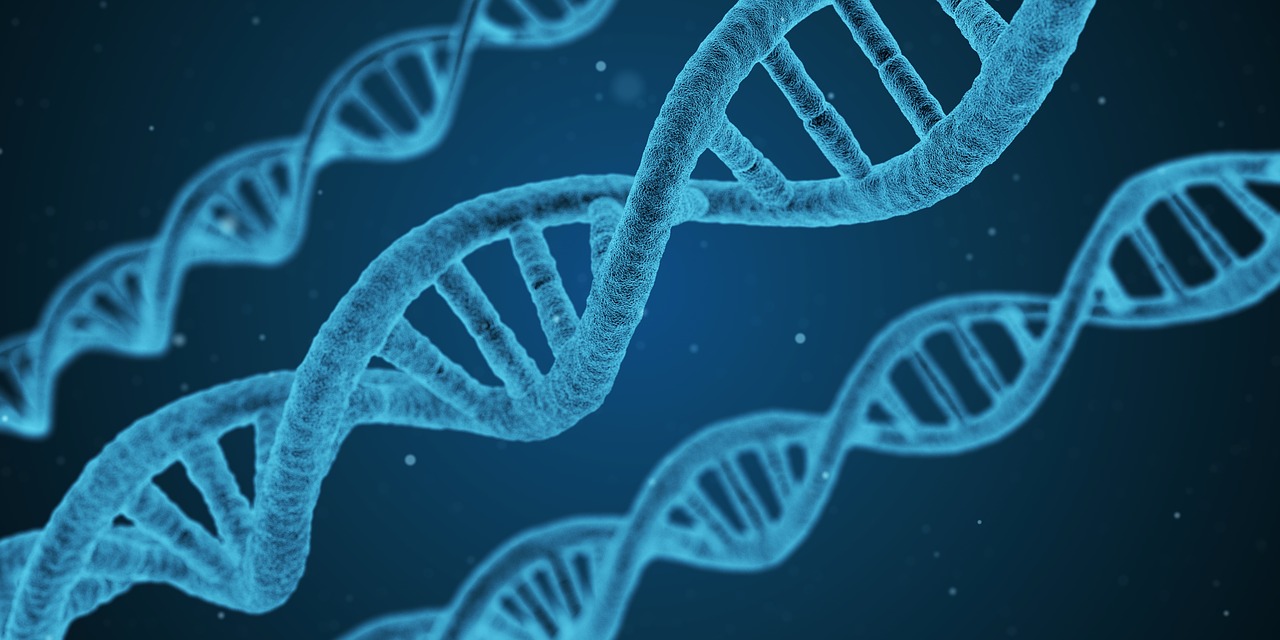Severe childhood-onset form of SPG4
A particular variant in the SPAST gene, responsible for the most common form of HSP (SPG4), leads to a severe, early-onset form of HSP.
SPG4 is by far the most common subtype of HSP. Mutations in the SPAST gene are typically associated with a so-called 'pure' HSP. The authors describe the occurrence of early onset severe HSP with involvement of the upper extremities as well as a pronounced speech impairment, which ultimately led to a loss of the ability to speak in the affected child. The phenotype was generally compatible with the diagnosis of infantile ascending HSP. Exome sequencing led to the identification of a heterozygous SPAST variant c.1496G > A (p.Arg499His), which was not found in the parents and is probably de novo. This mutation has been described several times with a similar phenotype. The functional background for the severe clinical manifestation of the Arg499His variant is still unknown.
Reference: Ogasawara M, Saito T, Koshimizu E, Akasaka N, Sasaki M. A p.Arg499His Mutation in SPAST Is Associated with Infantile Onset Ascending Spastic Paralysis Complicated with Dysarthria and Anarthria. Neuropediatrics. 2019.


